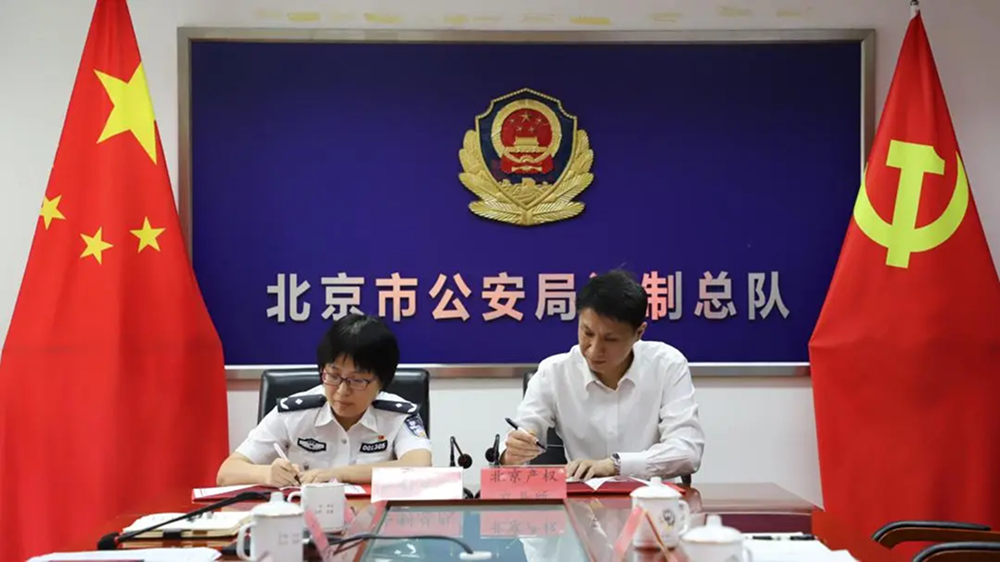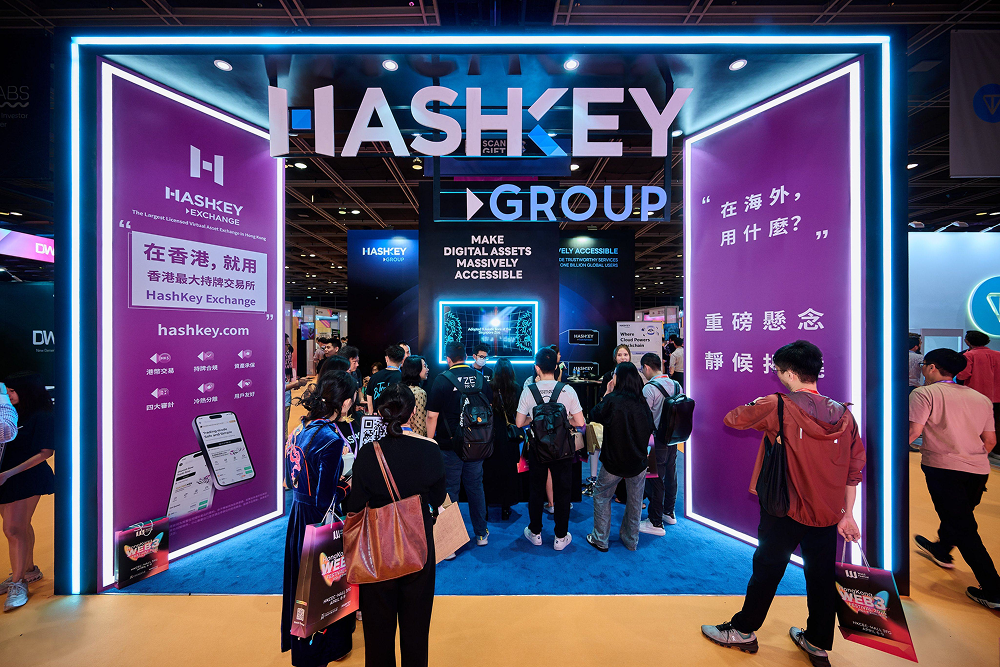Recently, the Beijing Municipal Public Security Bureau's Legal Affairs Division signed a "Framework Agreement on the Disposal of Involved Virtual Currencies" with the Beijing Property Exchange (hereinafter referred to as "Pionex"), officially establishing a cooperation mechanism for the disposal of involved virtual currencies. This mechanism incorporates involved virtual currencies into the category of "physical submission," allowing for public liquidation and sale through compliant licensed exchanges in Hong Kong, and completing foreign exchange approval before remitting the funds to the national treasury. This marks an innovative step for China in the field of judicial disposal of virtual currencies.
Background: High Incidence of Virtual Currency Crimes, Urgent Need for Solutions
In recent years, virtual currencies have become important tools for illegal fundraising, money laundering, fraud, and other criminal activities due to their anonymity, decentralization, and cross-border circulation characteristics. According to statistics, the global transaction volume related to virtual currency crimes surged from $8.4 billion in 2020 to $20.6 billion in 2022, highlighting the severe challenges in this area. In China, after virtual currency trading was comprehensively banned in September 2021, related criminal activities shifted underground or to cross-border operations, posing significant challenges for law enforcement in recovering and disposing of assets. Traditional disposal methods are limited by the inability to directly liquidate assets domestically and the high risks associated with cross-border disposal, leaving the judicial handling of involved virtual currencies in a "gray area" for a long time.
To address this issue, the Legal Affairs Division of the Beijing Municipal Public Security Bureau has engaged in deep cooperation with Pionex to explore a legal and compliant disposal path. This mechanism not only fills the institutional gap in the domestic disposal of involved virtual currencies but also mitigates the legal and operational risks of cross-border disposal by introducing compliant exchanges in Hong Kong, providing a replicable model for other regions across the country.

Mechanism Details: Full-Chain Compliant Disposal from Seizure to Liquidation
According to the agreement, the Beijing Municipal Public Security Bureau will entrust Pionex with the disposal of involved virtual currencies. The specific process is as follows:
Detection and Reception: After accepting the commission from the public security agency, Pionex selects professional service institutions to detect, receive, and transfer the involved virtual currencies, ensuring the authenticity and integrity of the assets. This step addresses the technical shortcomings of the public security agency through the involvement of professional institutions while reducing the risk of illegal asset transfer.
Overseas Liquidation: Pionex publicly sells the involved virtual currencies through compliant licensed exchanges in Hong Kong (such as HashKey Exchange). As an international financial center, Hong Kong has a mature regulatory system for virtual assets, and licensed exchanges must comply with strict anti-money laundering (AML) and investor protection regulations, ensuring transparent and compliant transactions.
Foreign Exchange Approval and Remittance: The funds obtained from liquidation must undergo national foreign exchange management approval procedures, and after remittance, they are transferred to a special account for involved funds at the public security agency, ultimately being submitted to the national treasury. This process strictly follows foreign exchange management policies, ensuring that the flow of funds is legal and controllable.
It has been disclosed that this mechanism has been successfully applied in a case handled by the Shunyi Public Security Sub-Bureau, where the involved virtual currencies were smoothly liquidated and submitted to the national treasury through the aforementioned process, marking the practical feasibility of this model.
Innovative Significance: A Win-Win for Compliance and Efficiency
Core highlights include:
Compliance: Liquidating through licensed exchanges in Hong Kong avoids the legal risks of directly disposing of virtual currencies domestically while complying with national foreign exchange management policies, preventing capital outflow or money laundering risks.
Efficiency: Given the volatile nature of virtual currency prices, traditional disposal methods often lead to asset depreciation due to complex procedures. Through Pionex's specialized operations and the liquidity of Hong Kong exchanges, this mechanism can quickly liquidate assets, maximizing value recovery.
Replicability: As the first nationwide model for the disposal of involved virtual currencies, Beijing's experience provides a reference for other provinces and cities. In the future, this mechanism is expected to be promoted nationwide, forming a unified standard for judicial disposal.
Additionally, the Legal Affairs Division of the Beijing Municipal Public Security Bureau has enhanced the ability of police officers to combat virtual currency crimes through specialized training, strengthening the professional level of the entire chain from investigation to disposal.
Potential Benefits for Hong Kong Virtual Asset Exchanges
This model may benefit compliant virtual asset exchanges in Hong Kong, such as HashKey Exchange.
User @lurenbian commented on X: "Disposing of involved virtual currencies through compliant exchanges in Hong Kong may reduce the complexity of profit-driven law enforcement and cross-border investigations." As an Asian virtual asset trading center, Hong Kong's licensed exchanges are expected to see increased trading volume and liquidity due to this mechanism.
Industry insiders believe that the successful implementation of this mechanism may further enhance Hong Kong's virtual asset regulatory system. The cooperation model between Beijing's public security and Pionex may further consolidate Hong Kong's position in the global virtual asset market.

The Future of Judicial Disposal of Virtual Currencies
Although this mechanism has made breakthroughs in compliance and efficiency, judicial disposal of virtual currencies still faces multiple challenges. The anonymity and decentralization of virtual currencies continue to pose technical difficulties in seizing private keys and preventing asset transfers. Additionally, the extreme volatility of virtual currency prices raises higher demands for value preservation in disposal, and how to choose the right timing for liquidation still requires further exploration. Nationwide promotion must address issues such as uneven law enforcement capabilities and insufficient regulatory coordination across different regions.
Looking ahead, the cooperation model between the Beijing Municipal Public Security Bureau and Pionex provides new ideas for the judicial disposal of virtual currencies. Experts suggest further improving the custodial entities, transfer procedures, and preliminary disposal rules, establishing standardized guidelines for the entire process. At the same time, leveraging blockchain technology and professional third-party institutions can enhance the technical capabilities for seizure and liquidation, ensuring a balance between judicial fairness and efficiency.
免责声明:本文章仅代表作者个人观点,不代表本平台的立场和观点。本文章仅供信息分享,不构成对任何人的任何投资建议。用户与作者之间的任何争议,与本平台无关。如网页中刊载的文章或图片涉及侵权,请提供相关的权利证明和身份证明发送邮件到support@aicoin.com,本平台相关工作人员将会进行核查。




